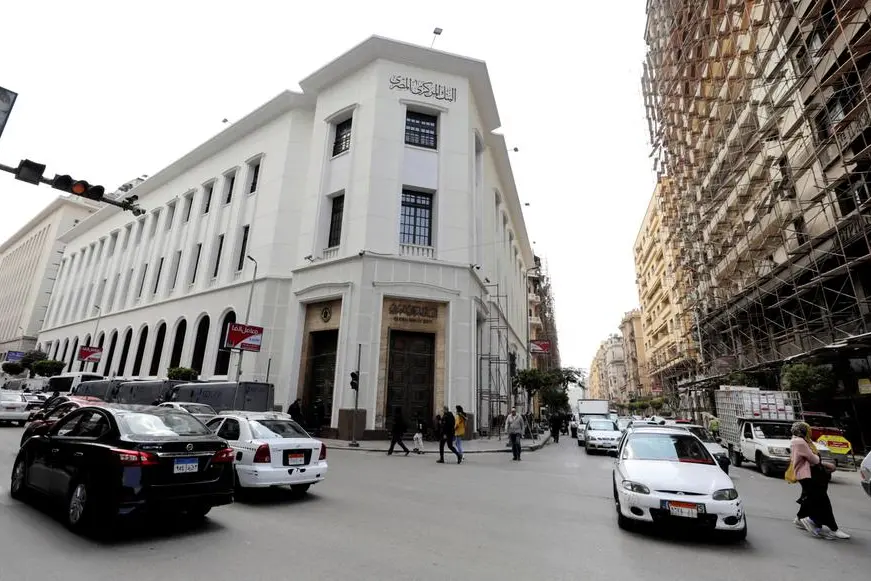PHOTO
CAIRO - The new governor of Egypt's central bank, Hassan Abdalla, has alerted Egyptian banks it may soon allow them to begin trading in non-deliverable forwards (NDFs) and derivatives for local currency transactions, three bankers said.
The measures, part of a new foreign exchange convention under review by banks, is designed to smooth operations as the central bank moves towards a more flexible currency market, they added.
Egypt, suffering from an acute shortage of dollars, has long been under pressure from the International Monetary Fund (IMF) to adopt a more flexible exchange rate policy.
The IMF's managing director said this week that Egypt was at a "very advanced stage" of discussions for a new financial support package.
Egypt began talks with the fund shortly after Russia's invasion of Ukraine in February prompted foreign investors to pull billions of dollars out of Egyptian treasuries.
The central bank governor also told banks at a meeting last week that it may remove a 2.25% interest rate cap on locally issued U.S. dollar certificates of deposit (CDs) and eliminate the maximum tenure of three years, the bankers said.
The central bank was not immediately available for comment.
Non-deliverable forwards are instruments generally used to hedge or speculate on currencies when exchange controls make it difficult for foreigners to trade in the spot market directly.
Until now Egypt has only allowed local banks to deal in foreign currency at the spot rate.
Abroad, Egypt's current NDF rates indicate markets are expecting the Egyptian pound to weaken against the dollar to just over 24 in one year's time.
The pound was devalued by 14% against the dollar in March after being held steady for more than one year at 15.7 to the dollar. It has been allowed to depreciate more gradually in recent weeks and was trading at between 19.59 and 19.67 to the dollar on Wednesday.
Abdalla served for nearly two decades as chief executive of Cairo-based Arab African International Bank and was instrumental in developing Egypt's interbank foreign currency market in 2004.
He took over as acting governor after former governor Tarek Amer resigned suddenly in August.
One banker said Abdalla seemed prepared to allow commercial banks more latitude to set their own policies.
(Additional reporting by Karin Stohecker; Editing by Aidan Lewis and Andrea Ricci)





















